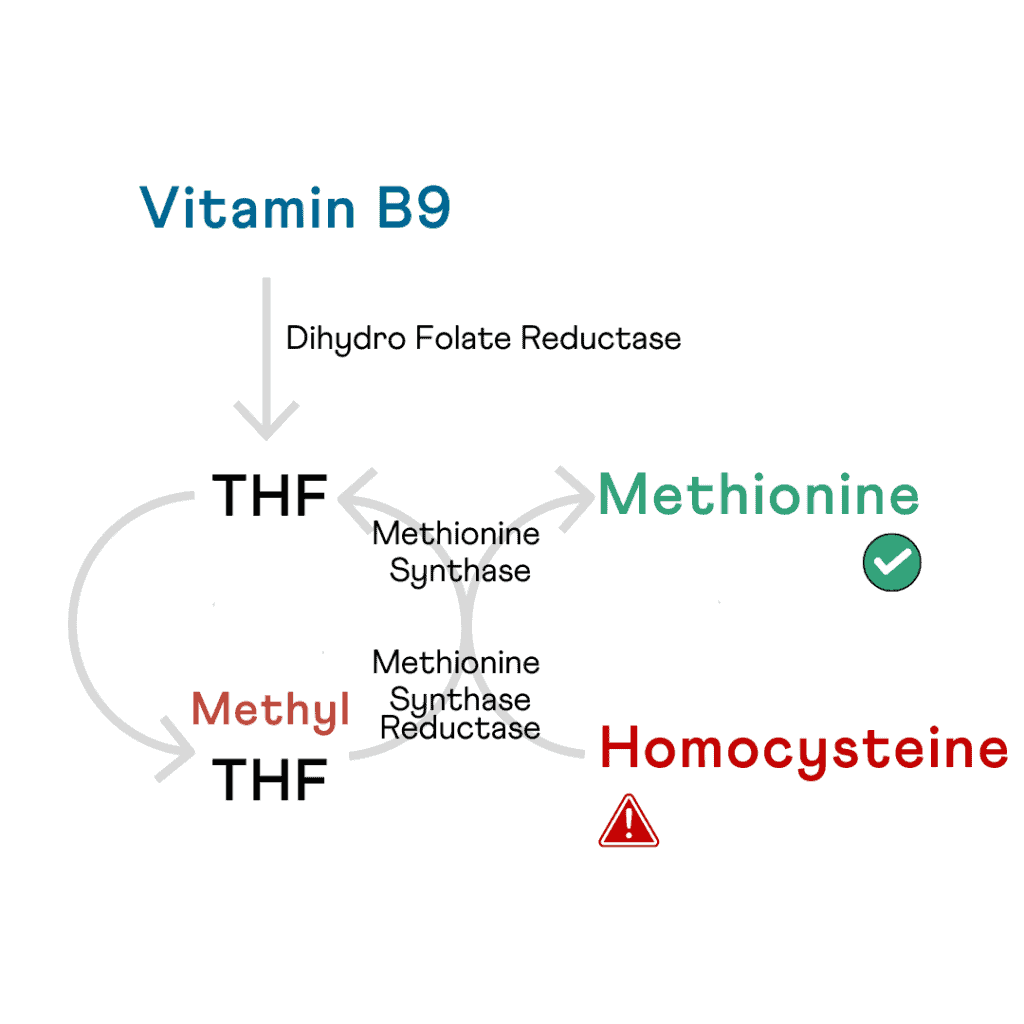Food Sources of Folate
Folate (Vitamin B9) is also known as folic acid or folate. "Folic" is derived from the word "folium," meaning leaves, as in green leafy vegetables. Needless to say, leaves are one of the richest sources of vitamin B9.
The vitamin B9 we eat is absorbed in the jejunum region of the small intestine after going through minor structural changes.
In most cases, dietary sources of vitamin B9 are sufficient to meet this nutrient's requirement. Other than the leafy greens, some foods rich in vitamin B9 are beans, whole grains, seafood, peanuts, and sunflower seeds.
RDA of Folate
The Recommended Dietary Allowance or RDA for folate is 400 mcg/day for healthy adults. The RDA for lactating and pregnant women are 500 and 600 mcg/day, respectively.
What Is Folate Deficiency?
Folate deficiency in pregnant women is one of the leading causes of neural tube defects, a birth abnormality, in babies.
Symptoms of vitamin B9 deficiency include extreme tiredness, pale skin, headaches, and heart palpitations.
Genetics of Vitamin B9 Deficiency
Vitamin B9 needs to be converted into a form called tetrahydrofolate or THF to be effectively used by the body. The conversion of folic acid to THF is carried out by an enzyme called THF reductase.
This conversion is a very crucial step in the MTHFR cycle.
THF plays a very important role in converting a harmful amino acid called homocysteine to a safe and useful amino acid called methionine.
Image: Folate Cycle
The MTHFR gene is a well-known gene associated with folate deficiency. This gene helps the conversion of inactive vitamin B9 such as folate, or folic acid, to active B9, the THF.
30-60% of people have a change in this gene that ultimately leads to low vitamin B9 levels in the body.
Other genes like MTYL1 also influence your vitamin B9 levels.
Fortunately, vitamin B9 deficiency comes with a simple fix - increasing your dietary folate intake. In some cases, folate supplements may be advised.
Getting a Genetic Test
A simple genetic test can reveal your genetic status of vitamin B9 deficiency.
Most genetic tests provide your DNA information in the form of a text file called the raw DNA data. This data may seem like Greek and Latin to you.
At Xcode Life, can help you interpret this data. Upload your raw data and order a nutrition report. Xcode Life then analyzes your raw data in detail to provide you with comprehensive nutrition analysis, including information on your vitamin B9 requirements.





